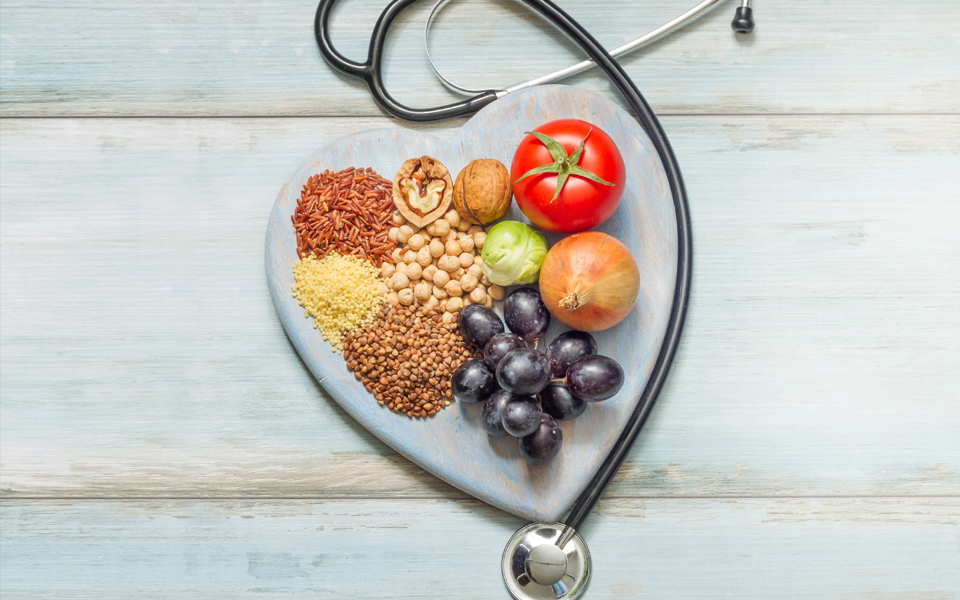Maintain a balanced diet with these tips
By: Sheila Storbakken, Registered Dietitian at Osceola Regional Health Center
During these times of limiting shopping trips and finding fewer choices available at the grocery store, it can be a real struggle to eat healthy, balanced foods. Here are a few easy tips to get the nutrients, vitamins, minerals and phytochemicals to help keep you healthy:
- Always make sure you have a vegetable at every meal. Vegetables are a source of vitamins (A, C, B vitamins, E, K), potassium and fiber. Fresh vegetables that are not easily perishable and that you can stock up on are: carrots, celery, cabbage, onions, peppers, squash, potatoes, sweet potatoes and beets. Frozen vegetables are great choices if available. Canned vegetables can be nutritious, as well as vegetable juices such as tomato or V-8 juice, too.
- Fruit twice a day can also provide the same vitamins, minerals, antioxidants and fiber as vegetables. Fruits that are easy to store are apples, oranges and grapefruit. Canned fruits packed in juice can be a great alternative and dried fruits without added sugar will provide nutrition also.
- Protein sources that can be stocked up on include canned chicken and canned fish, such as tuna and salmon. Fresh beef, pork, chicken, turkey and fish can be frozen for up to six months or longer. Eggs and cheese are versatile protein source that will keep in the refrigerator for several weeks. Peanut butter, almond butter, beef jerky and nuts are shelf-stable protein sources that are good for meals or snacks.
- Whole grains can be an important part of your meals as they also provide vitamins, minerals and fiber. Grains to keep on hand include oatmeal, whole grain cereals, brown rice, whole grain breads (can be frozen), pasta, and even popcorn!
- Healthy fats are key for heart health, so don’t forget to have olive oil on hand for cooking, nut butters, nuts, olives, and even some dark chocolate.
Try to keep nutrition in mind during these trying times to help keep as healthy as possible!

